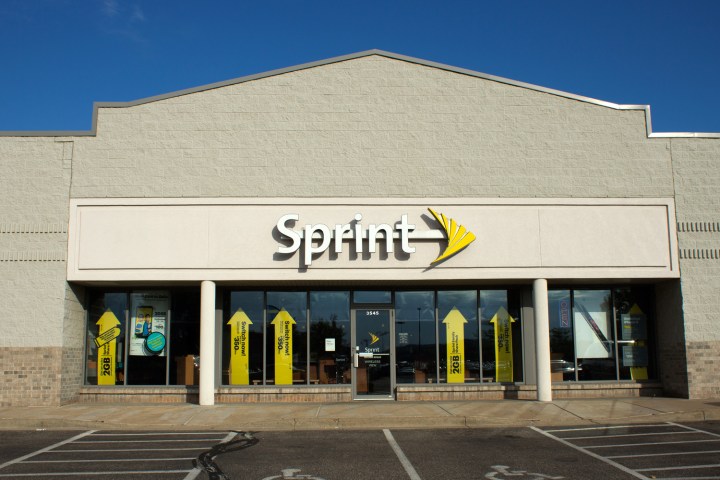
Things could get worse for Charter. The U.S. District Court for District of Kansas jury found that Time Warner Cable “willfully infringed” on Sprint’s patents with its digital home phone and business class phone services, putting the company on the line for potentially triple the amount of damages.
Charter plans to appeal. “We are disappointed with the outcome and are considering our options,” a spokesperson told Bloomberg News.
Sprint’s lawsuit stems from a series accusing Cox, Comcast, and Cable One of violating the same VoIP patents at issue in the Time Warner Cable case.
Comcast fought the charges, filing a successful countersuit against Sprint. In 2014, Sprint was ordered to pay $7.5 million to Comcast, a verdict that an appeals court affirmed in January.
The Cox case was initially thrown out by a Delaware judge, but that decision was overruled on appeal. Sprint’s lawsuit against Cable One, meanwhile, was stayed in 2015.
Cable providers aren’t the only companies in Sprint’s legal crosshairs. The carrier won $80 million from Vonage in a 2007 settlement, and soon after an undisclosed amount from telecommunications company Paetec Holding Corp. In 2008, Sprint extracted payments from small VoIP providers like Nuvox (now Windstream), Broadvox Holdings, and Big River Telephone Company.
Sprint’s VoIP lawsuits credit discoveries by an employee named Joe Christie for a “sea change in telephony,” but as Ars Technica notes, the carrier’s role in the development of VoIP isn’t particularly distinguishable. The first digital voice packets were sent over ARPAnet, a government-funded precursor to the internet, in 1973. And Speak Freely, one of the first widely used software applications for VoIP, was published as public domain software in 1991.
But historically, that has not stopped Sprint and others from filing lawsuits left and right. On the heels of the success of Vonage, a VoIP provider credited with popularizing the technology, telecommunication companies like AT&T and Verizon took the internet-based competitor to court, arguing that VoIP patents played a crucial role in the services’ development. Vonage settled a suit with AT&T in 2009 for $39 million, and one with Verizon the same year.


